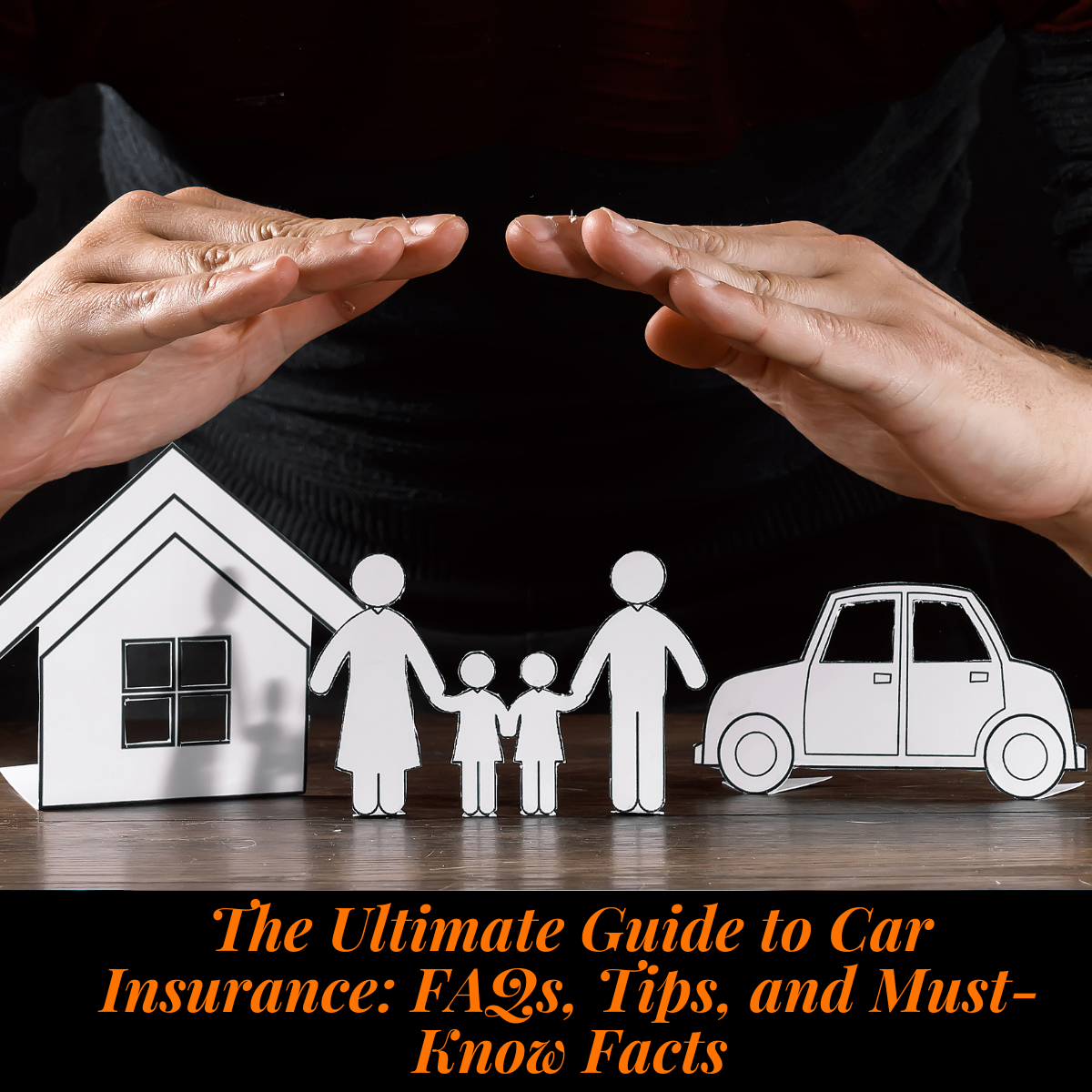Car insurance is an essential part of owning a vehicle, but navigating the different policies and coverages can be overwhelming. With so many options and legal requirements, it’s important to understand how car insurance works, what it covers, and how you can get the best deal. In this guide, we answer some of the most frequently asked questions to help you make informed decisions.
What is Car Insurance and Why Do You Need It?
Car insurance is a contract between you and an insurance company that protects you financially in case of accidents, theft, or other damages. It provides coverage for vehicle repairs, medical expenses, and liability for damages caused to others. Without car insurance, you could face hefty financial burdens, legal issues, and even loss of driving privileges.
Most states and countries have laws requiring at least a minimum amount of car insurance to ensure that all drivers are financially responsible for any damages they cause. So, not only is it a smart investment, but it’s also a legal necessity.
What Are the Different Types of Car Insurance Coverage?
Car insurance policies vary, but the most common types of coverage include:
- Liability Coverage – Covers damage and injuries you cause to others in an accident.
- Collision Coverage – Pays for repairs to your car after an accident, regardless of fault.
- Comprehensive Coverage – Covers non-collision damages such as theft, vandalism, or natural disasters.
- Personal Injury Protection (PIP) – Covers medical expenses for you and your passengers.
- Uninsured/Underinsured Motorist Coverage – Protects you if you’re hit by a driver without adequate insurance.
Understanding these coverages can help you choose the right policy for your needs.
How Much Car Insurance Do You Really Need?
The amount of car insurance you need depends on various factors, including state requirements, your financial situation, and your vehicle’s value. Here are some key considerations:
- State Requirements: Each state has minimum liability coverage requirements. Be sure to check what’s mandated in your area.
- Vehicle Value: If your car is new or expensive, comprehensive and collision coverage may be worthwhile.
- Personal Assets: If you have significant savings or assets, higher liability limits can protect you from lawsuits.
- Driving Habits: If you drive frequently or in high-risk areas, extra coverage might be beneficial.
A good rule of thumb is to have enough coverage to protect yourself from significant financial loss in the event of an accident.
How Can You Save Money on Car Insurance?
Car insurance doesn’t have to be expensive. Here are some practical ways to lower your premiums:
- Shop Around: Compare quotes from different insurance providers to find the best rate.
- Bundle Policies: Many insurers offer discounts if you bundle car insurance with home or renters insurance.
- Maintain a Good Driving Record: Avoid accidents and traffic violations to qualify for lower rates.
- Increase Your Deductible: A higher deductible reduces your monthly premium but means you’ll pay more out-of-pocket for claims.
- Ask for Discounts: Many insurers offer discounts for safe drivers, students, military personnel, and more.
By taking these steps, you can potentially save hundreds of dollars each year on your car insurance.
What Should You Do After a Car Accident?
Accidents can be stressful, but knowing what to do can make the process smoother:
- Check for Injuries: Ensure everyone involved is safe and call emergency services if necessary.
- Move to a Safe Location: If possible, move vehicles out of traffic to avoid further accidents.
- Exchange Information: Collect details from all parties involved, including names, contact information, insurance details, and vehicle information.
- Document the Scene: Take photos of the damage, accident scene, and any relevant details.
- File a Claim: Contact your insurance company to report the accident and start the claims process.
- Follow Up: Stay in touch with your insurer to track your claim’s progress.
Being prepared can help you handle accidents with confidence and ensure a smoother claims process.
How Does a Car Insurance Claim Work?
Filing a car insurance claim typically involves these steps:
- Report the Incident: Contact your insurance provider as soon as possible.
- Provide Necessary Details: Submit accident reports, photos, and any required documentation.
- Damage Assessment: Your insurer may send an adjuster to assess the damage.
- Claim Approval or Denial: The insurance company will determine if the claim is valid.
- Repair and Settlement: If approved, you’ll receive compensation for repairs or replacements.
It’s crucial to understand your policy and follow the correct procedure to avoid claim delays or denials.
Does Car Insurance Cover Rental Cars?
Most car insurance policies provide some coverage for rental cars, but it depends on your existing policy. Before renting a car, check if your policy includes:
- Liability Coverage for damages you cause to others while driving the rental.
- Collision and Comprehensive Coverage to cover damages to the rental car itself.
If your policy lacks these coverages, the rental company may offer insurance options. Always verify before declining rental insurance to avoid unexpected costs.
Can Your Credit Score Affect Car Insurance Rates?
Yes, in many regions, insurers use credit scores to determine premiums. A higher credit score often leads to lower rates because it suggests responsible financial behavior. To improve your score and lower insurance costs:
- Pay bills on time.
- Reduce outstanding debt.
- Check for credit report errors.
Maintaining a good credit score can lead to significant savings on car insurance.
What Happens If You Drive Without Car Insurance?
Driving without insurance is risky and illegal in most places. Consequences can include:
- Fines and Penalties – You may face hefty fines or license suspension.
- Legal Issues – If you cause an accident, you could be sued for damages.
- Higher Future Premiums – A lapse in coverage may result in higher rates when you reapply.
To avoid these issues, always ensure your car insurance is active and up to date.


Leave a Reply